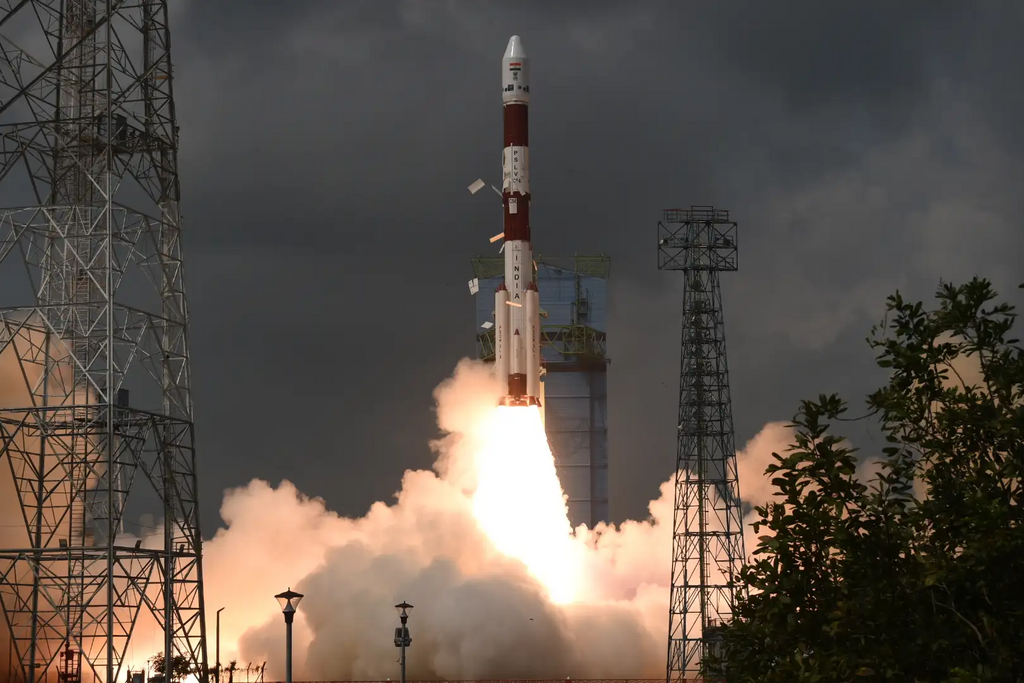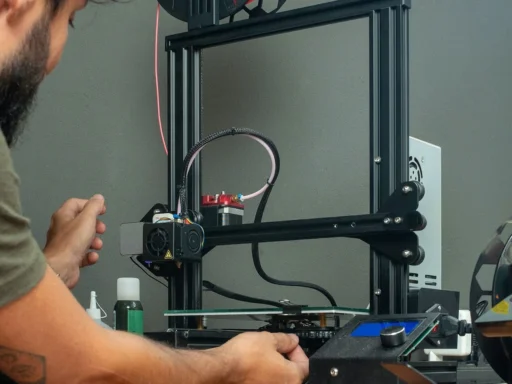The Indian Space Research Organisation (ISRO) has announced a significant breakthrough, successfully conducting a hot test of a liquid rocket engine produced using 3D printing. This engine is designed for the PS4, the upper stage of ISRO’s Polar Satellite Launch Vehicle (PSLV).
The redesigned PS4 engine, now manufactured through additive manufacturing, results in a single-piece engine that reduces raw material usage by 97% and cuts production time by 60%. Traditionally produced through machining and welding, the engine is crucial for providing thrust in vacuum conditions for the PSLV upper stage. ISRO’s Liquid Propulsion Systems Centre (LPSC) relied on Laser Powder Bed Fusion technology to consolidate 14 parts into a single unit, eliminating 19 weld joints.
This new approach dramatically lowers raw material requirements from 565 kg of forgings and sheets to just 13.7 kg of metal powder per engine. The production efficiency has also improved astonishingly, with the time reduced by 60%.
The engine, manufactured by WIPRO 3D, went through rigorous testing at ISRO’s Propulsion Complex in Mahendragiri, Tamil Nadu. After extensive simulations and characterizations, the engine successfully completed a full-duration qualification test of 665 seconds, following four developmental hot tests totaling 74 seconds.
ISRO plans to integrate this advanced PS4 engine into its regular PSLV program, marking a true blast off into the future of rocket propulsion.








